Chinese automaker Geely has ignited controversy with a $2.2 billion bid to privatize its premium electric vehicle subsidiary Zeekr $ZK. The offer, aimed at integrating Zeekr more closely with Geely Auto $0175.HK, has been challenged by prominent institutional investors, who claim the valuation significantly undervalues Zeekr’s growth potential and market positioning in the luxury EV segment.
Letters submitted to the company and its special committee by investors — including Contemporary Amperex Technology Co Ltd (CATL) $300750.SZ, Intel Capital, and Boyu Capital — explicitly state that the proposed buyout price fails to reflect Zeekr’s fair market value, prompting broader questions about transparency, corporate governance, and investor confidence in China’s EV sector.
Geely’s Strategic Objectives and Investor Resistance
The buyout proposal, announced on May 7, seeks to fully integrate Zeekr into the larger Geely Auto framework. This move would consolidate control under Geely Holding Group, the parent company that also owns Volvo $VOLCAR-B.ST and Proton. Geely Auto currently holds about two-thirds of Zeekr's shares, giving it a dominant stake.
The strategic rationale behind the proposal includes:
Synergies in production, R&D, and platform sharing
Streamlined decision-making under unified governance
Improved cost-efficiency and reduced operational fragmentation
However, investors argue that the $2.2 billion valuation fails to account for Zeekr’s positioning in China’s rapidly expanding premium EV segment. Zeekr has reported strong demand for its models such as the Zeekr 001 and Zeekr X, while also forging global partnerships for battery tech and software integration.
Geely-Zeekr Buyout Context
Geely proposes a $2.2 billion privatization of Zeekr
Zeekr investors include CATL, Intel Capital, and Boyu Capital
Geely Auto owns roughly 66% of Zeekr shares
Letters from investors claim the offer undervalues Zeekr
Geely aims to integrate Zeekr into its broader automotive ecosystem
Market Signals and Stakeholder Perspectives
Despite being relatively new, Zeekr has quickly carved a niche in China's competitive EV market, aided by its focus on premium features and advanced autonomous technology. Its IPO in the U.S. under the ticker Zeekr had initially signaled strong international interest in Chinese EV innovation.
The current buyout bid has introduced uncertainty around corporate governance in China’s high-growth sectors. Investors are particularly sensitive to valuation transparency amid ongoing geopolitical and regulatory risks, especially for Chinese firms listed in Western markets.
From a capital markets perspective, the outcome of this dispute could influence investor sentiment not only towards Zeekr and Geely but toward future Chinese EV IPOs and privatizations.
Investor and Market Dynamics
Investor Pushback — Key backers argue that the offer price materially undervalues Zeekr’s market position.
Governance Risks — Questions arise about board independence and minority shareholder rights.
Strategic Control — Geely’s move aligns with its long-term vision of full-stack vertical integration.
Market Implications — Future EV IPOs may face increased scrutiny regarding transparency.
Sector Signal — The deal outcome will serve as a benchmark for other Chinese auto-tech consolidations.
Implications for China's EV Landscape and Global Capital Markets
The $2.2 billion offer by Geely to privatize Zeekr has emerged as a critical moment for China's EV sector and its relationship with international capital. While the proposed merger would streamline corporate structure and unlock operational synergies, it also exposes gaps in minority shareholder protection and valuation fairness.
Should Geely revise its bid in response to investor feedback, it may signal a maturing of China’s corporate governance norms, particularly in publicly listed subsidiaries. Conversely, pushing forward without broader investor consensus could erode trust and dampen enthusiasm for future listings from China’s tech-driven automakers.


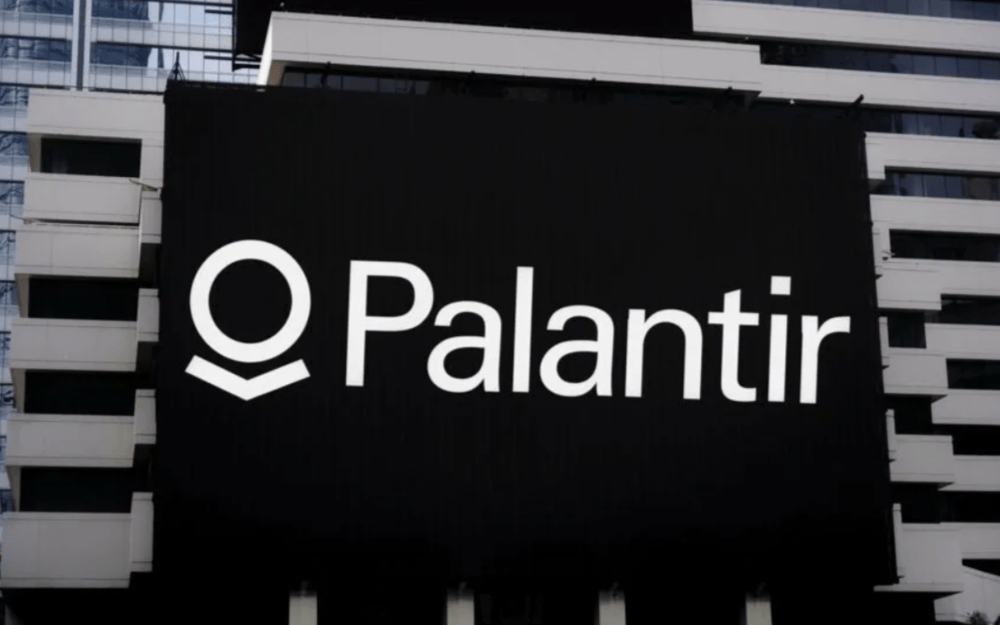
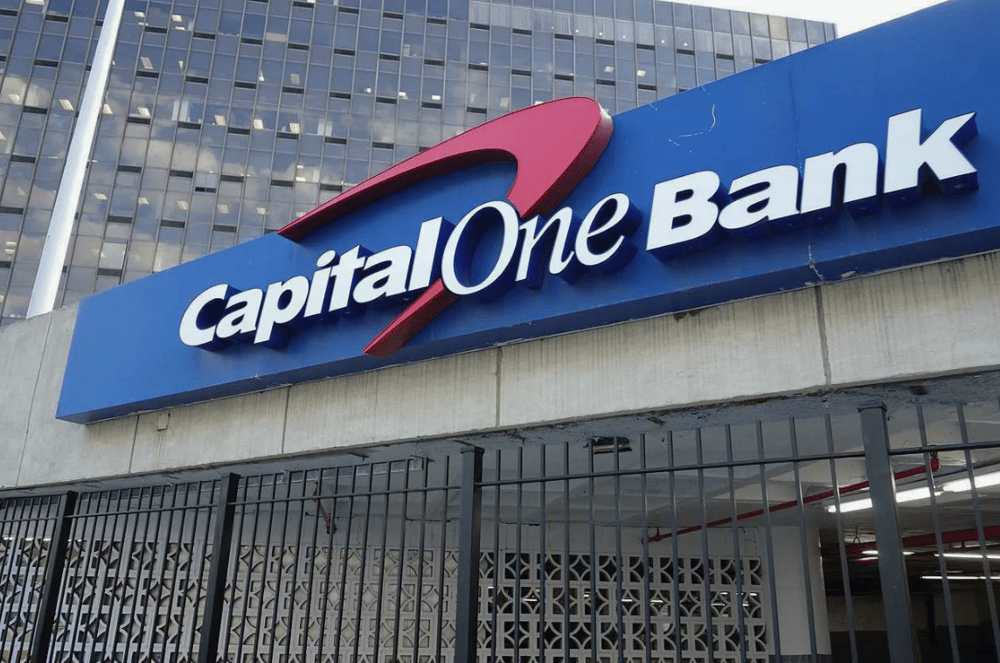

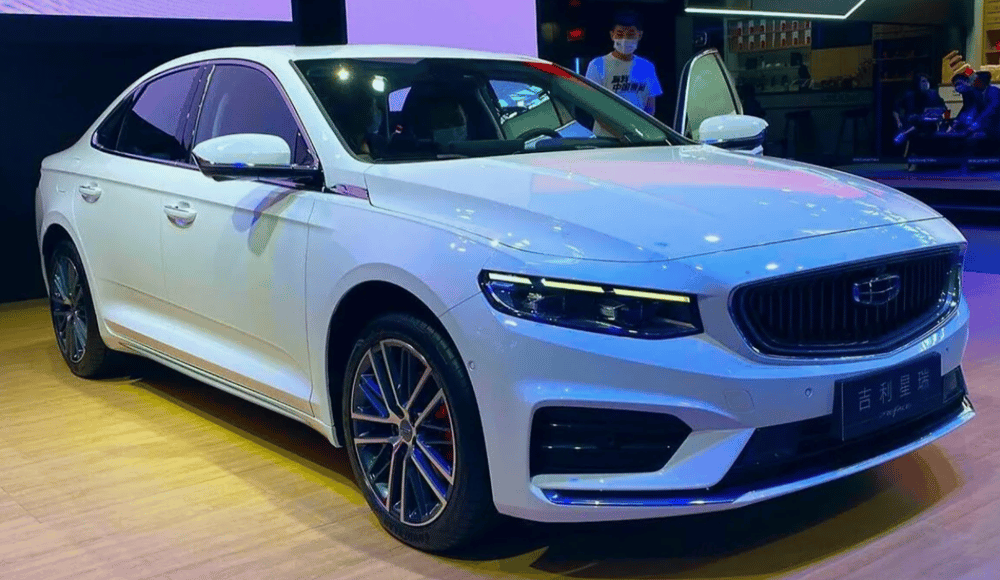
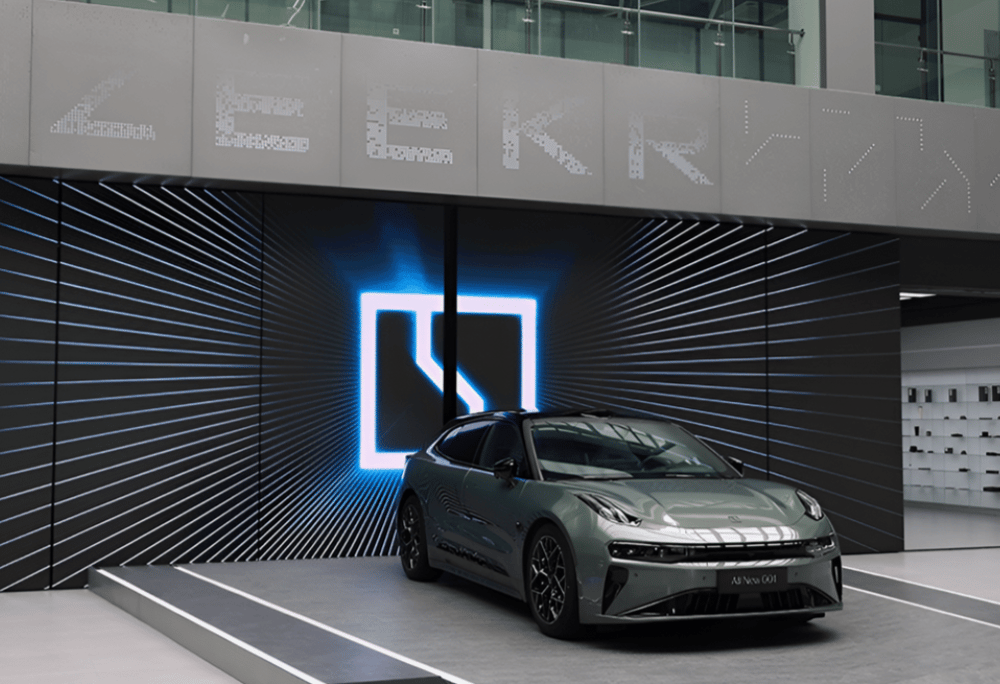
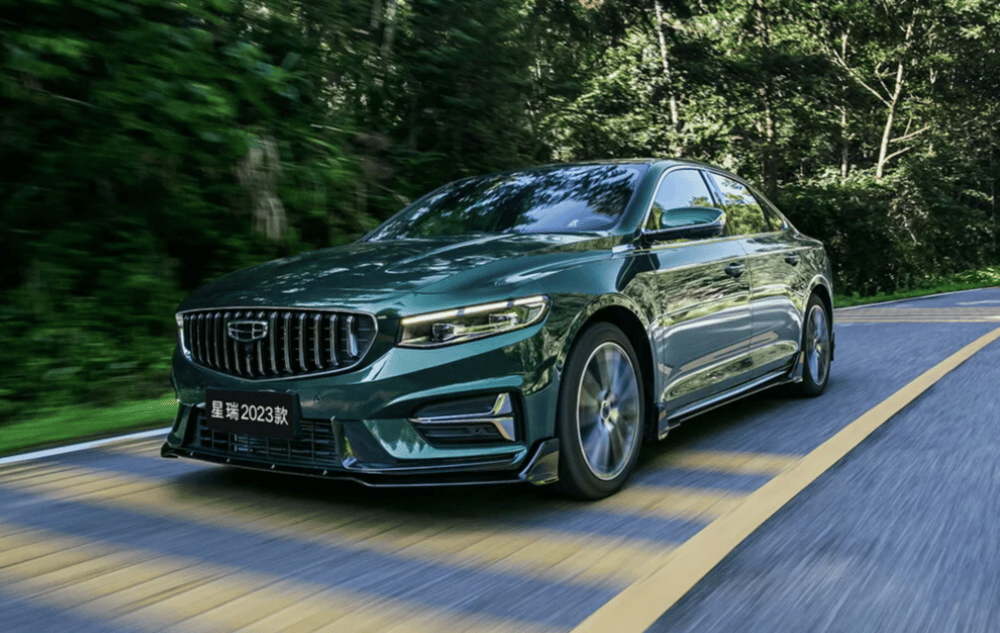
Forward-thinking investments are fueling rapid expansion and innovation in automation